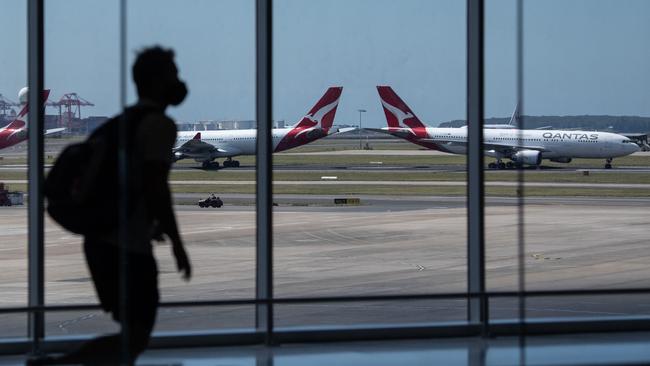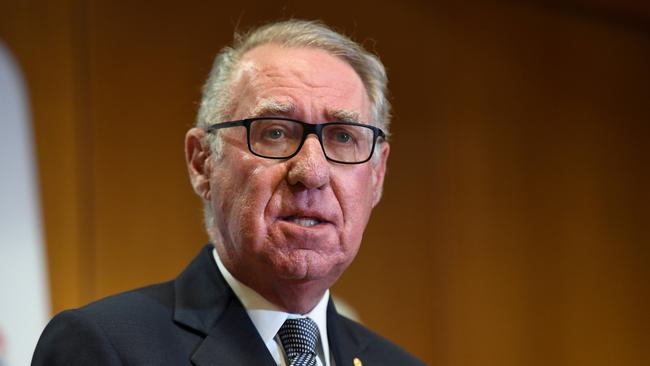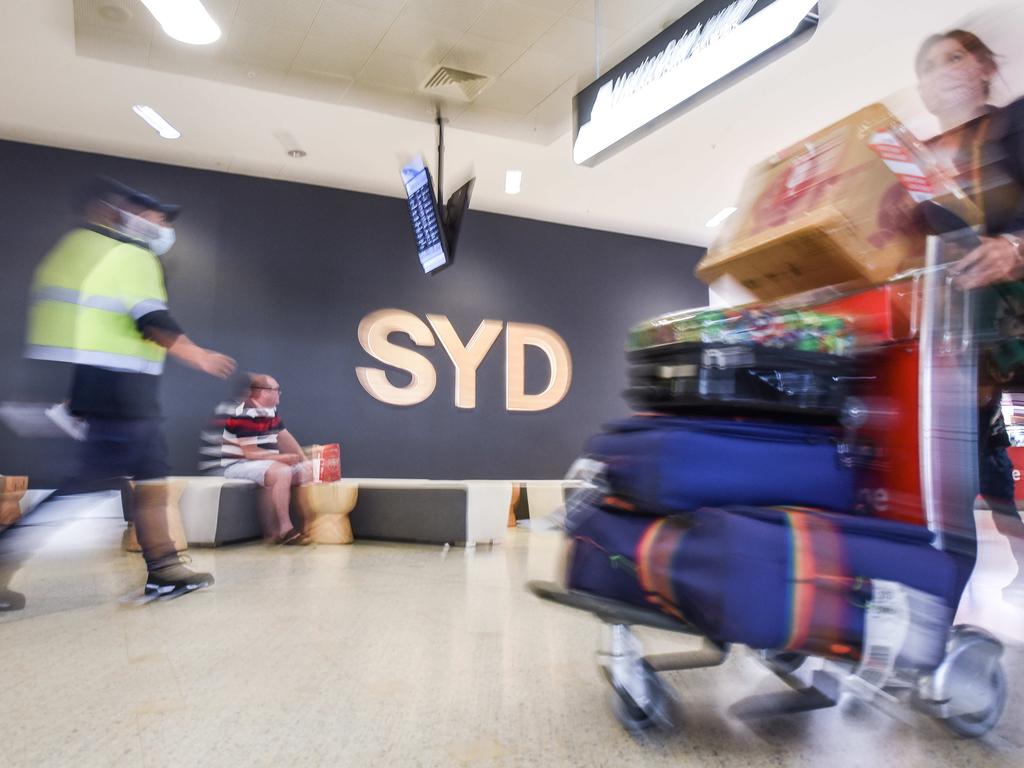Sydney Airport sale ready to fly

Regulators have waved through the deal – first the ACCC, and then on Wednesday FIRB gave it the green light.
Come February, to win shareholder approval, at least 75 per cent of votes by value must support the deal and at least 50 per cent by number of shareholders. That 50 per cent target, where all retail investors have the right to vote, might be the one to watch.
Typically in scheme polls the retail vote is low, but it is the passionate ones that bother to vote. Sydney Airport is iconic and it would be coming off the ASX board.
For those backing the deal, the timing of the new Omicron strain could not be better. The debacle of different PCR testing requirements among states and lack of capability to deliver those tests is just the latest reminder about the risks preventing any return to pre-Covid operating levels at Sydney Airport. “Omicron is rampant in NSW,” Queensland Premier Annastacia Palaszczuk pronounced on Wednesday.
Domestically the West Australian border is closed and on Tuesday New Zealand announced a delay to the reopening of its trans-Tasman border from January 17 to the end of February.
The Sydney Airport sale has the unanimous support of its board, led by chairman David Gonski. After extracting two rises in the offer price from the IFM consortium in short order, the board believes a sale at $8.75 a share is now in the interests of shareholders.
This is a great and opportunistic deal by industry fund investors with long-term horizons. It is also probably the right time for retail investors, at least, to sell out.
Yet how can both these things be true?
Gonski told The Australian that the release of the scheme booklet last Friday was an important milestone.
“It’s now up to shareholders to have their say by voting on the proposed transaction at the scheme meetings in early February. I encourage shareholders to read the booklet carefully, as it sets out important information relevant to their vote, and to vote,” he said.
The independent expert report by Kroll supports that recommendation, assessing the airport’s value at between $7.94 and $8.86 per share, putting the offer of $8.75 at the upper end of the range.
Kroll acknowledges Sydney Airport is a highly strategic asset which since its privatisation has delivered year-on-year revenue growth of around 7.9 per cent thanks to rising domestic and international passenger numbers. That growth was maintained despite September 11, SARS and the GFC.

Before Covid, Sydney Airport had 44.4 per cent of Australian passenger movements. In the five years to 2019, total passenger movements grew 15 per cent and international movements by 28 per cent. And now vaccines promise a way forward.
The problem for shareholders, who saw the shares drop by almost half in 2020, is how long the business will take to turn around. Despite a strong bounce-back of passengers in the latest November numbers, the airport is still 83.4 per cent down on pre-Covid levels. Airport revenue, retail shopping, car parking and even property leasing are all Covid-sensitive.
A march back to 2019 passenger levels is most likely between 2023 and 2024 for domestic travel and between 2026 and 2028 for international travel, according to Kroll’s study of travel and tourism forecasts. Importantly, Kroll’s report dated December 15 makes specific mention of Omicron.
“As evidenced by Europe’s fourth wave of the Covid-19 pandemic and the emergence of the Omicron variant in November 2021, outcomes are extremely fluid,” it says.
One other risk highlighted is the long-term future of inbound passenger traffic from China, which even before the pandemic had been falling because of geopolitical tensions.
The strongest message in the independent expert report is almost hidden.
On page 5, Kroll says that the value range it puts on Sydney Airport assumes that passenger movements return to and overtake the forecast trajectory in management’s Sydney Airport Master Plan 2039. This means that at a price of between $7.94 and $8.86 per share, the upside of Sydney Airport is fairly priced in.
Critically, states the report, accepting the deal derisks the impact of future adverse passenger scenarios for the airport. The premium (50.6 per cent over the share price ahead of the first bid on July 5) is the best opportunity for shareholders to realise a control value for their shares.
If the deal falls over, the premium in the share price logically disappears. There are no dividends from this former cash cow in the near term and Gonski in his letter to shareholders warns that the continued payout of almost 100 per cent of net operating receipts is uncertain.
From 2012 to 2020, investors saw their shares triple before diving by almost 50 per cent.
As the chairman urges shareholders, read the documents. They are an eye-opener to the pandemic state we are in.





On February 3 next year, just weeks away, shareholders of Sydney Airport will vote on a $23.6bn sale to an IFM-led consortium called the Sydney Aviation Alliance. Between Christmas and Australia Day, most Australians check out of the market and head to the beach.